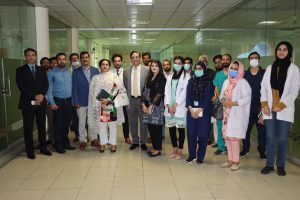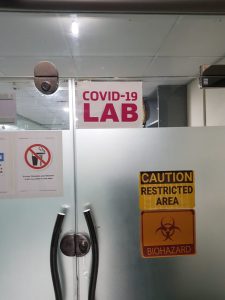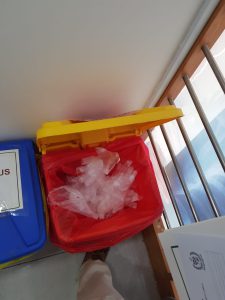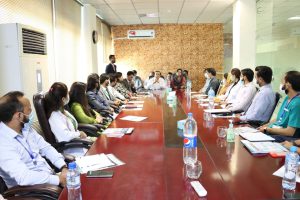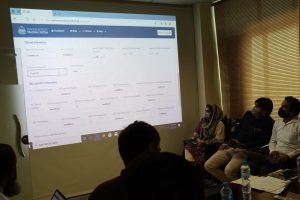Consultative meeting with (UNODC)
A Consultative meeting with United Nations Office on Drugs and Crime (UNODC) representatives was organised at IHRA Secretariat to discuss standards for Rehabilitation Centres. CEO IHRA appreciated the input of UNODC team Dr Manzoor ul Haq and Ms Rashda Said Niazi in development of MSDS for Rehabilitation services. The implementation of these MSDS will bring improvements in quality of healthcare services provided to the citizens of ICT.
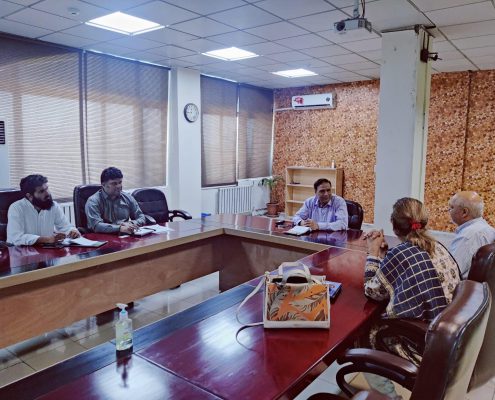

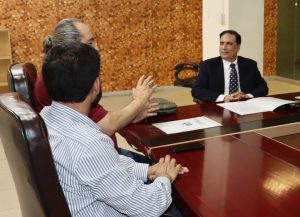

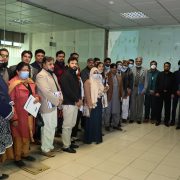
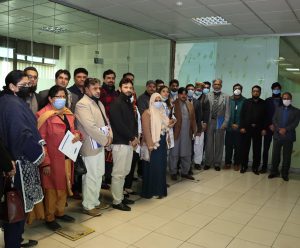 A consultative meeting regarding the inflow of new COVID-19 cases was held at IHRA for better coordination between District Administration ICT and hospitals. Meeting was chaired by Additional DC Mr Sheheryar Arif Khan, representatives of private hospitals of Islamabad Capital Territory were present in the meeting. They were advised to ensure dedicated Covid-19 facilities in the hospitals for the preparedness of Covid pandemic situation.
A consultative meeting regarding the inflow of new COVID-19 cases was held at IHRA for better coordination between District Administration ICT and hospitals. Meeting was chaired by Additional DC Mr Sheheryar Arif Khan, representatives of private hospitals of Islamabad Capital Territory were present in the meeting. They were advised to ensure dedicated Covid-19 facilities in the hospitals for the preparedness of Covid pandemic situation.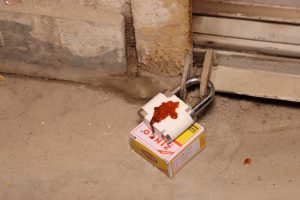 Islamabad Healthcare Regulatory Authority (IHRA) has intensified its extensive drive against quack clinics in the federal capital on Thursday.
Islamabad Healthcare Regulatory Authority (IHRA) has intensified its extensive drive against quack clinics in the federal capital on Thursday.
